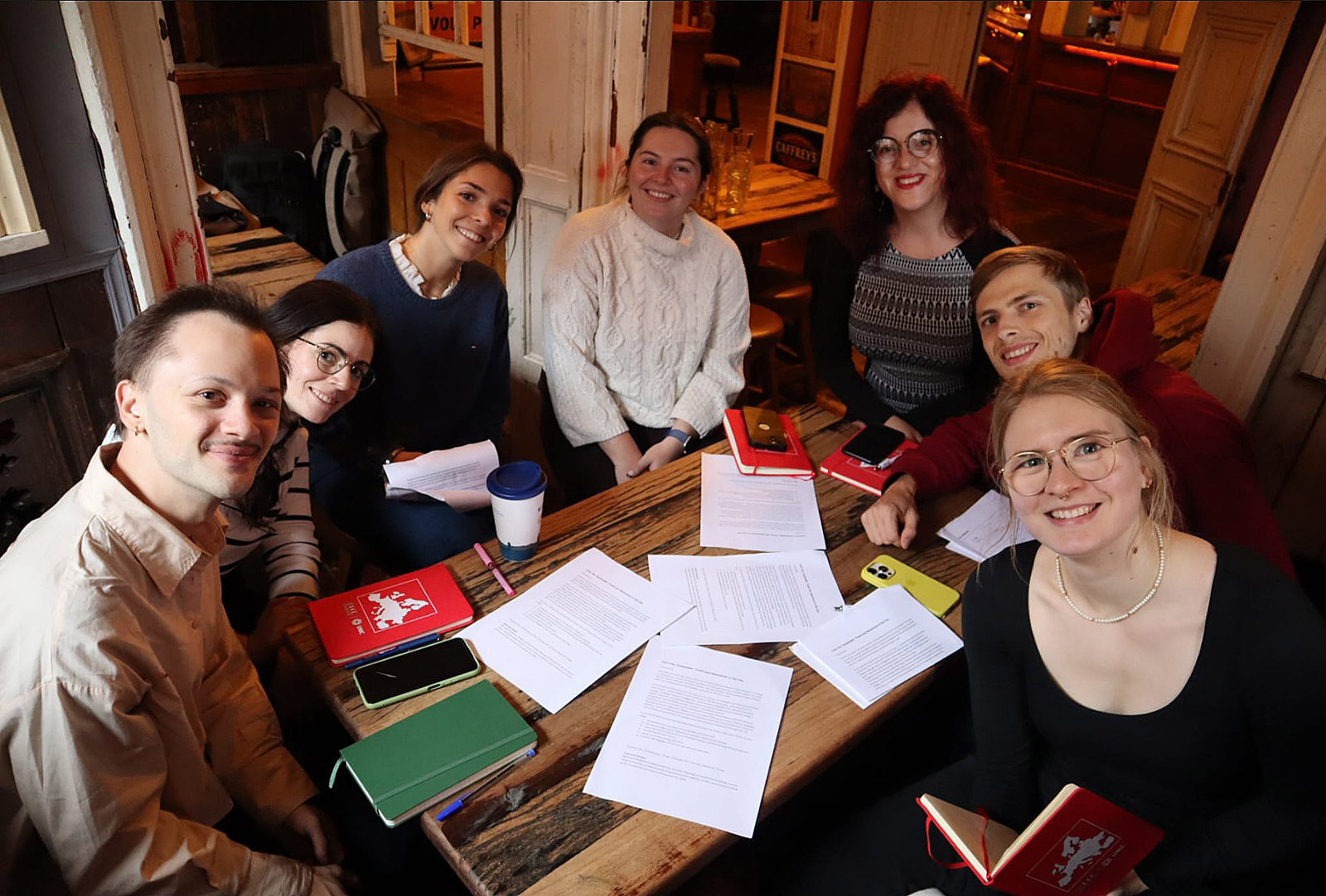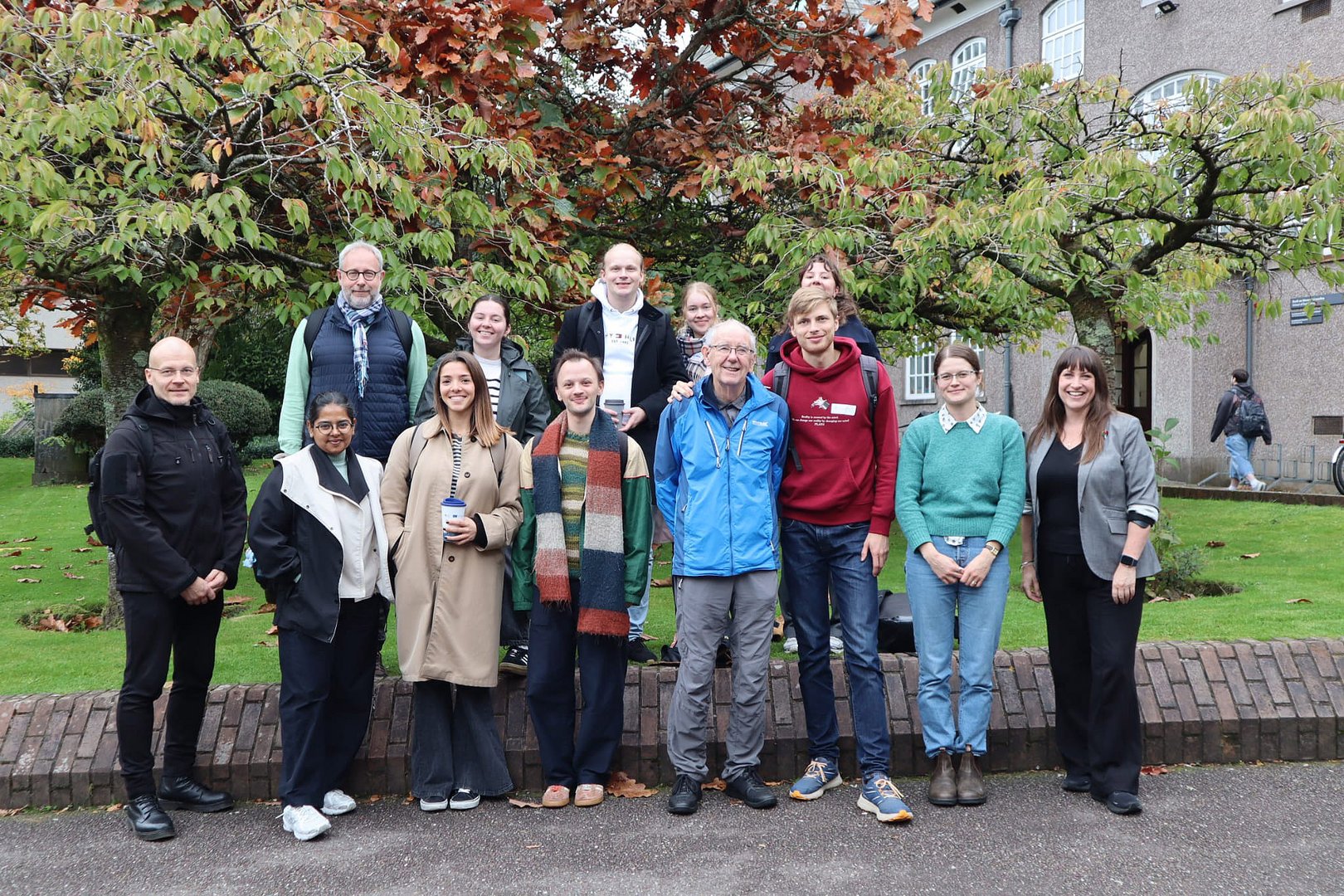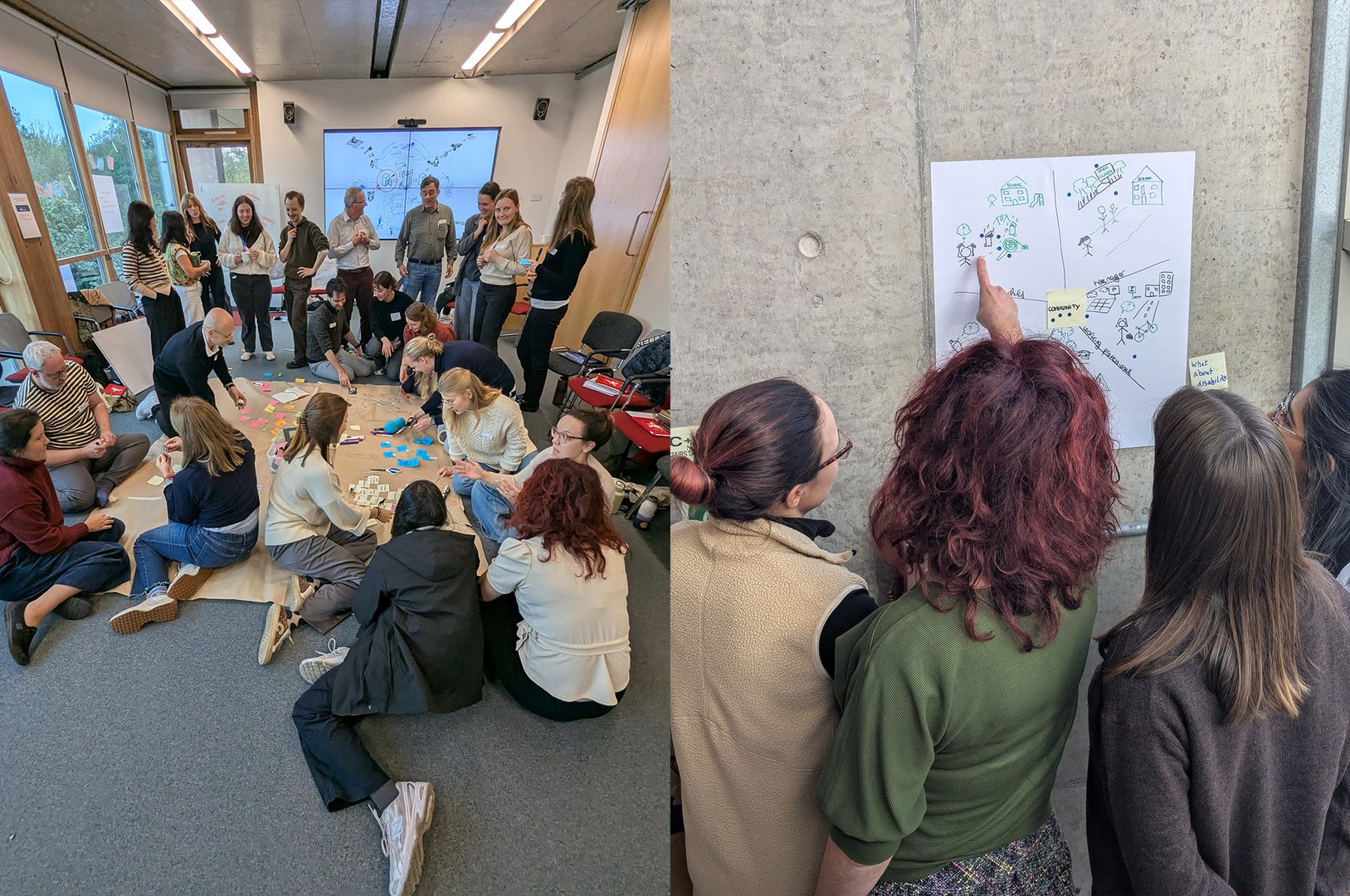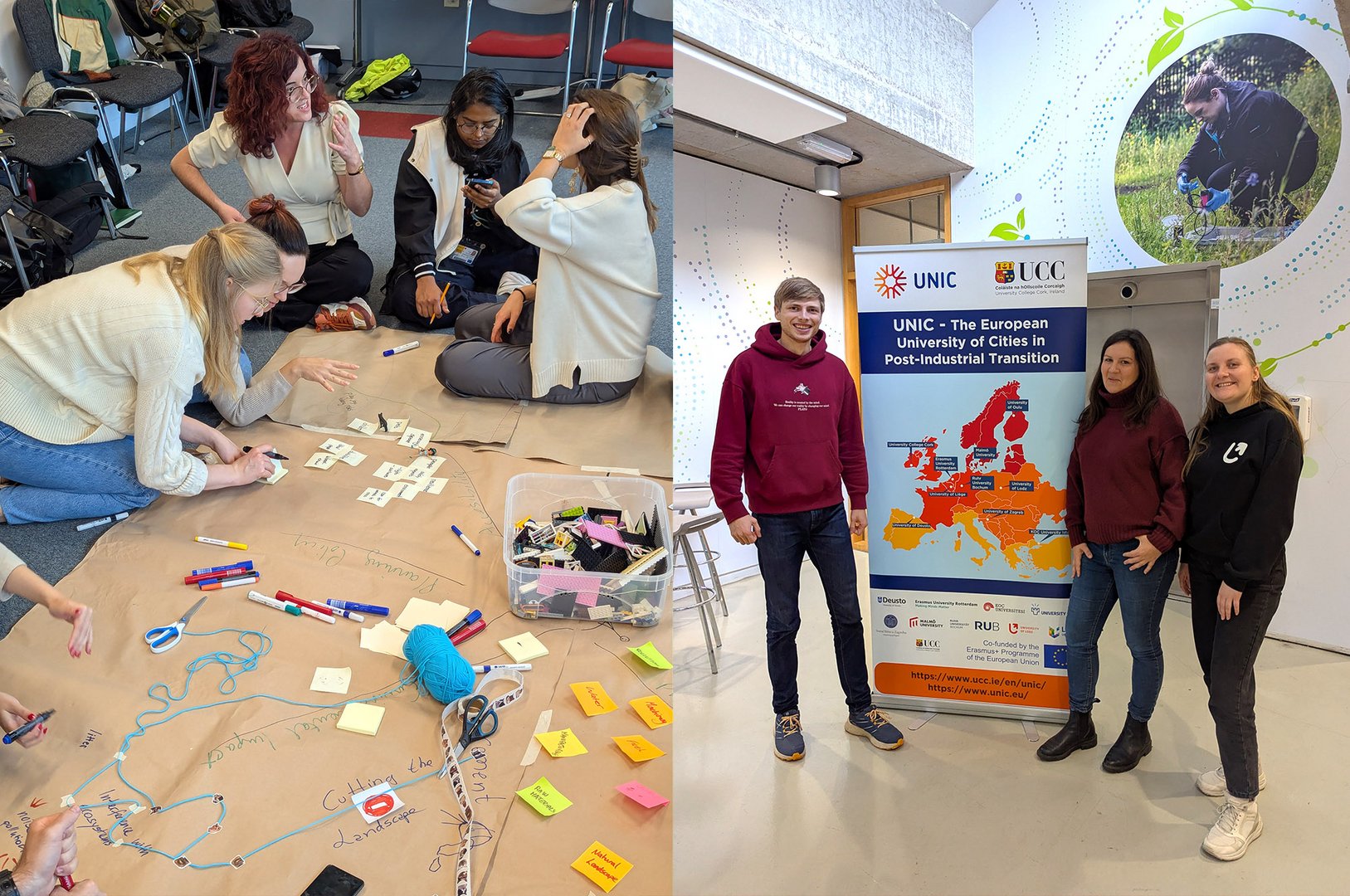Key competencies for sustainable development leaders
The school participants acquired knowledge and developed leadership skills and competencies related to sustainable development, including:
- systems thinking,
- forecasting the future,
- sustainable development values,
- social impact, and cooperation across scientific disciplines.
As part of the school, Jakub Kronenberg and Edyta Łaszkiewicz delivered their online lecture entitled "Walking, green spaces and nature".
UNIC – alliance of universities for practical education
The autumn school was organised by the UNIC Alliance, which focuses on combining academic knowledge with a practical approach – through collaborative creation, reflection and experiential learning. UNIC also provides opportunities for networking and building a transnational community of experts. This is particularly important given the growing popularity of European alliances, which more and more universities are joining. You can read more about UNIC on the project website.

What did the autumn school give to participants from the University of Lodz?
Combining science with urban practice
The event was an extraordinary experience for me, both as a doctoral student and as a practitioner working for the development of Lodz. The training, which developed leadership competencies for the actual implementation of sustainable development strategies, deserves particular recognition. The acquired knowledge and skills will provide added value in both future research and teaching. The international and transdisciplinary nature of the autumn school allowed us to look at the challenges facing our cities from a multifaceted perspective, both in terms of infrastructure and society. All this at a time requiring urgent action to protect the natural environment. We deeply reflected on the values that guide us as individuals and as local communities. We also considered how to translate these values into actions for sustainable development. The practical aspect of working on the actual challenge facing Cork, related to increasing the share of pedestrian traffic in urban mobility, inspired the design of socially acceptable changes in the everyday lives of our cities
– reports one of the participants, Agata Burlińska.

Values, narratives, and designing change
Working in a space where activists often use science to promote their ideologies presents a challenge for those who genuinely and equitably strive to care for the environment. During the autumn school, a strong emphasis was placed on how to care for the environment while simultaneously improving people's quality of life. We focused on solving real-world problems faced by Cork residents – challenges related to urban mobility and the cleanliness of the air and landscape. To complete the project, we had to understand the complex web of connections between public transport, car traffic, cycling infrastructure and residents' daily lives. We discussed how decisions made in one area impact completely others, often in unexpected ways. We also considered which values – such as accessibility, safety, health and contact with nature – are most important to different social groups and how different solutions might address them. We wrote stories of residents grappling with different issues. These stories are a great way to build understanding and inspire constructive discussion. Such trips offer a unique opportunity to work on real-world challenges using project methods and teach practical cooperation in an international environment. It is an experience that inspires us to combine learning with action more boldly. It is difficult to gain this experience in any other way
– adds Michał Kuczek, another participant.

Interdisciplinarity and new perspectives
The trip abroad as part of UNIC enabled me to meet many people involved in sustainable development who have knowledge and experience in scientific disciplines other than my own (including management, engineering and public health). The classes focused not only on the values of sustainable development, but also on the participants' own values and how they compare with each other. The lecturers shared their knowledge on ethics in the pursuit of sustainable development, systems management and pedestrian-friendly space planning. The teaching methods used during the classes were also an interesting experience and an inspiration for my own classes and group work. Meeting people from different cultures and with different skills gave me a broader perspective on the implementation of sustainable development principles. We talked about the solutions we know, but also about the problems we encounter in this area. From a non-scientific perspective, it was a great opportunity to get to know a new place and its culture. I believe that such trips can be extremely valuable for students and doctoral students of the University of Lodz. They can broaden their horizons and gain a new perspective on the issues we deal with on a daily basis in our country
– concludes Klaudia Kamińska.

The "We are UNIC!" project is financed by the European Union under the programme entitled Support for European University Alliances, NAWA project number FERS.01.05-IP.08-0219/23, amount of project funding from EU funds: PLN 62,705,297.60.

